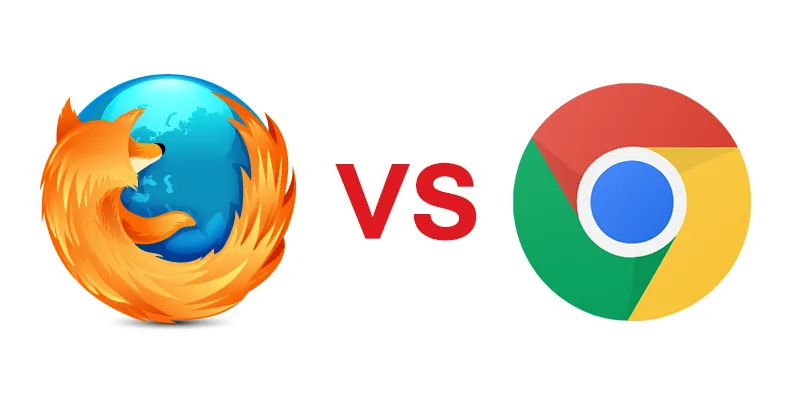Browser war: Mozilla unleashes Quantum speed
Look at this tweet:
With Mozilla’s Firefox Quantum release scheduled for today (US time), users are already posting Mozilla vs Chrome test results.
In October 2016, Firefox announced the ambitious Quantum Project to build the next generation browser. Among the things that were announced, what caught my attention was how Mozilla was switching to vector graphics in order to build a clean, modern UI that will look great on any OS and any screen. Mozilla designers joined hands with front-end engineers at every level of the software to make it smooth, responsive, and performance- focussed.

Quantum is a major rewrite of Firefox’s internals to make Firefox faster than it is. There is a new CSS engine called Quantum CSS, written in Mozilla’s Rust programming language.
A cleaner, minimal, faster re-imagining of the browser took me down the memory lane and reminded me of another browser release several years ago -- Google Chrome.
It would be wrong to say that I am biased towards any one of the popular browsers. I am, in fact, typing this on a Safari browser that just happens to work well with a Macbook Air. However, in an ecosystem-agnostic environment, browsers have struggled to compete as there has always been one of them with more than 65 percent market share around the world.
Although the main reason for Chrome’s popularity is the immense number of extensions that developers all over the world have rewarded it with, this is not the reason why it attracted popularity at first.
How did Google Chrome win it?
No, it was not minimalism. Yes, Chrome was cleaner and more noise-free than Internet Explorer at the time - but so was Opera Mini. Chrome did have a superior rendering engine too, but it was only a matter of time before other browsers caught up with it as well.
In Google Chrome’s case timing was everything.
Google Chrome, the clean, minimal, noiseless browser was launched in 2008. It was a time when we were all getting introduced to and moving on to web-apps. Suddenly we were all comfortable with Google’s web apps like Gmail, Calendar, and their integration with Chrome was stellar.
But Google Chrome has a dark side.
Chrome is notorious for sucking out the lifeblood of your machine. Although we do not feel it much because everyone is rocking a multi-core these days, the real punches are felt when your processor resources are limited. There is no tab prioritization and all processes go parallel, choking up your RAM.
How does Firefox Quantum Fix this?
With its new CSS engine, Firefox Quantum is capable of working in parallel across multiple cores, thereby lessening the resource dependency on each individual core. You can get to know more about Quantum CSS here. Firefox Quantum also prioritises tabs based on the order in which they are used. So tabs that you are working on at the moment will be prioritised for resources, which is good for you as well as your computer.
Even if you are a die-hard Google Chrome fan, you’ve got to try this one out at least once.
Get your hands on the new browser here.







